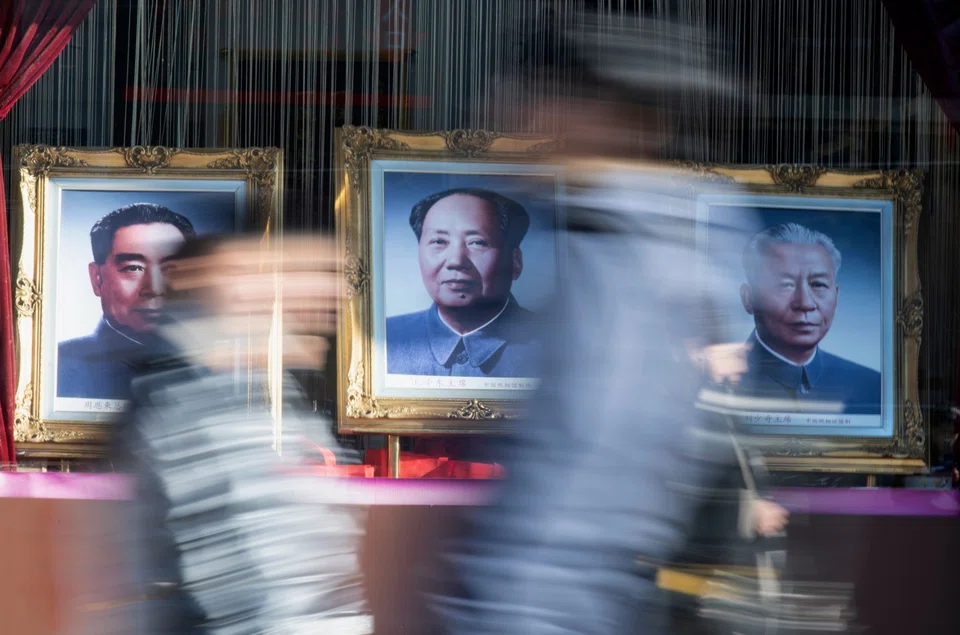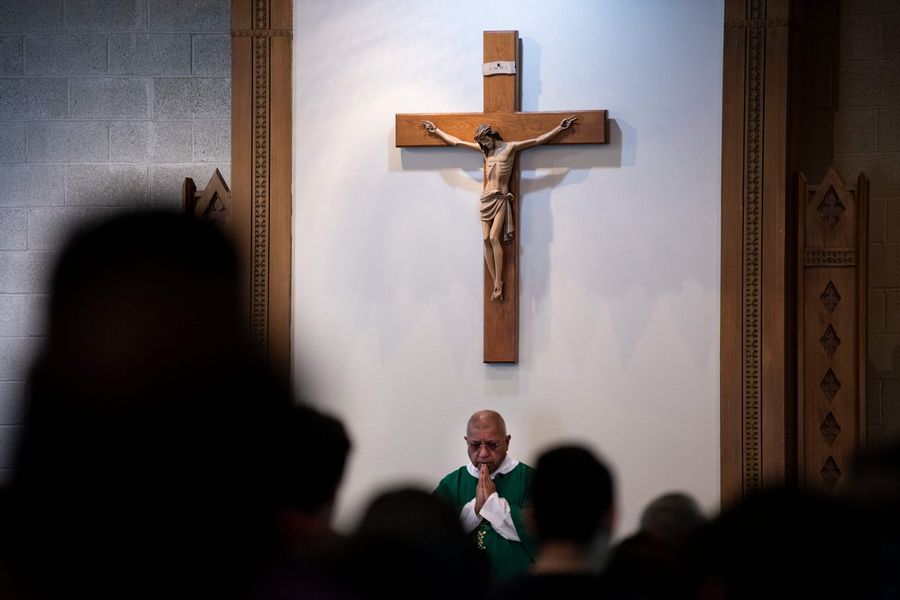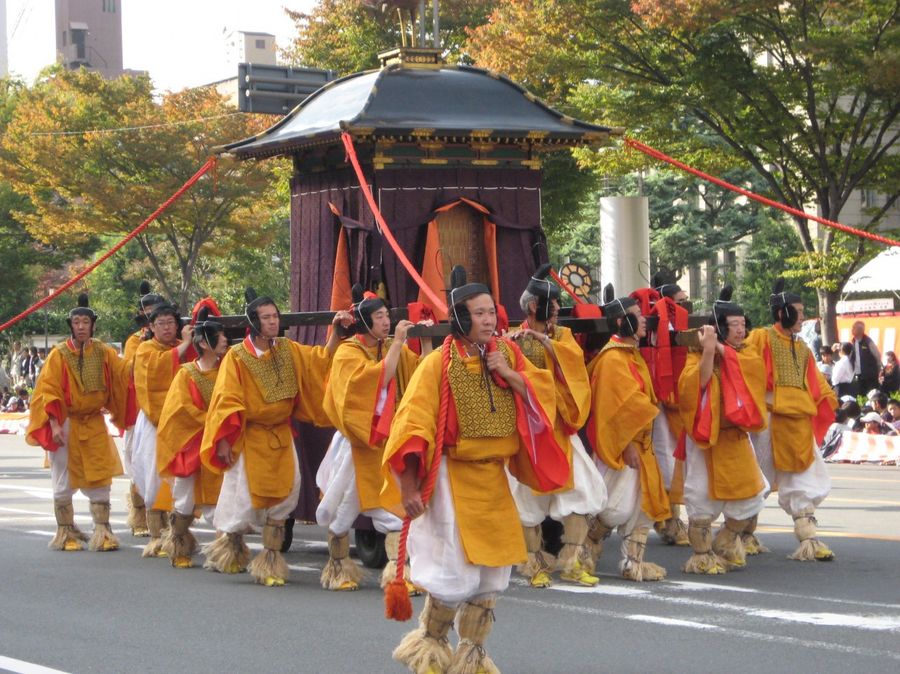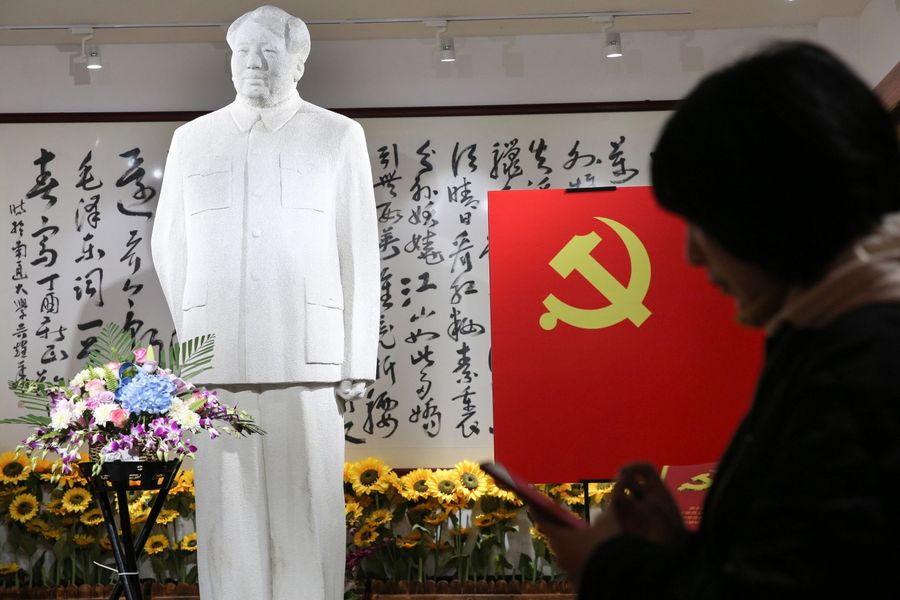A matter of life and death in the US, China and Japan

Over the past five years, Yang Yang, Miu Ying Kwong and I have been researching senses of life after death in the US, Japan and China. We have interviewed 440 people in total in the three countries, from a cross-section of society of different social classes and ages, including those who fervently believe in life after death; those who feel that after death they will merely vanish; and those who think that they will live on after they die through their children, their art or their country. We also studied mass media in the three societies, as well as scholarly works exploring senses of life after death. We have found that senses of life after death can tell us something of interest about life before death in these societies, the world's three largest economies. In this article, we very briefly describe what we have discovered.
Two hundred years ago, in all three societies, people had largely common senses of life after death, whether heaven and hell or reincarnation or becoming an ancestor. Today, senses of life after death have become private and personalised: in all three societies, you may have no idea what your acquaintances and neighbours think happens to them after they die. The US has been moulded by Christianity and a belief in heaven, while Japan has been shaped by ancestor veneration, and China by the secular religion of communism.

In the US, 80% of people believe in life after death, surveys show. There are many people who believe fervently in heaven and hell, and who maintain that those who do not share their faiths will wind up in hell. There are also many who believe in their own personal versions of God and life after death, or who adhere to other beliefs, such as reincarnation. And there are many agnostics and atheists, who may have grown up as Christians but left the faith to follow their own path.
A number of Christian believers and atheists expressed to us concerns about what would happen to American society if a common God and heaven were no longer believed in by many people. An atheist in his eighties said, "Even though there's no God, we need a social contract that everyone can adhere to..."
The Christian sense of life after death once provided a common moral guidance for many Americans, but this is less and less the case. Without the moral guidance of a Christian God promising heaven or hell, what can hold increasingly diverse Americans together?
Half of Japanese today say they believe in life after death, surveys show. There has traditionally been family-based ancestor veneration, but this is giving way today to something more private: the longing to meet again a departed loved one. As a bereaved widow in her fifties said, "I definitely will meet my husband when I die. Basically, I think that there's only mu - nothingness. But I will meet my husband again! I'm certain." Does love conquer all, or does death conquer all? There are numerous books in Japan discussing "what happens after we die", presenting an array of possible fates after death, including paradise, reincarnation, or simply nothing.
In the words of one book, "It's up to you as to what you want to think about life after death...If it works for you, then go ahead and believe it!" In Japan today, more than in the US, there is extensive pressure to live in socially acceptable ways. As some people we interviewed said, "In this life I have to live according to what society tells me. But as for the next life, I can dream whatever I want!"

If in the US, life after death is a matter of reaping what you sow, offering moral guidance in life now felt to be waning, in Japan it is a matter of moral escape from the social pressures in this world, into a dreamed-of world of freedom in the next.
In China today, only a distinct minority of people believe in any life after death. The communist government declared all religion as superstition in the 1950s, 1960s, and 1970s, until 1982, when it enabled a degree of recognition for religion. Many older people we interviewed who grew up in that earlier era were resolute materialists, holding life after death to be nothing but fantasy. But in recent decades many people have been turning to various senses of life after death, often through religions such as Buddhism or Christianity. Communism in an earlier era was spoken of in almost religious terms by some elders we interviewed - and indeed, Lei Feng (雷锋, a People's Liberation Army soldier) in his worship of Mao seems similar to an American in her worship of Jesus - but that has vanished today.
One man in his fifties, echoing the views of others we spoke with, said this: "In the past, we truly believed that communism could be realised and we all strived for the same goal. Even if we were all poor, it didn't matter. But now, people's pursuit of money has gone wild....People have lost their moral values." It seems that some of those who turn to religions promising life after death do so because the this-world religion of communism promising a utopia has proven to be flawed.

If in the US, life after death is a matter of moral guidance, and in Japan it is a matter of moral escape, in China it is a matter of moral loss, as if to say, "believe in heaven because heaven-on-earth is impossible."
As I hope the above brief explication shows, we can learn something quite interesting about these societies and their comparison by asking their members what they think happens to them after they die. Today, more than ever before in history, life after death does not matter for many people in these three societies. But nonetheless, senses of life after death still can offer a fascinating window into life before death as I have briefly shown here, and as we will show at length in our eventual book.
